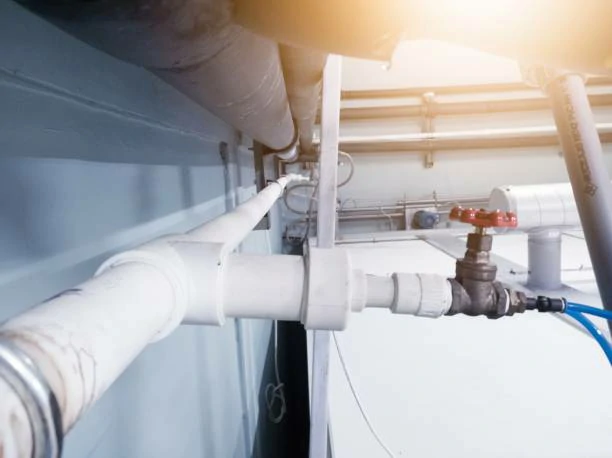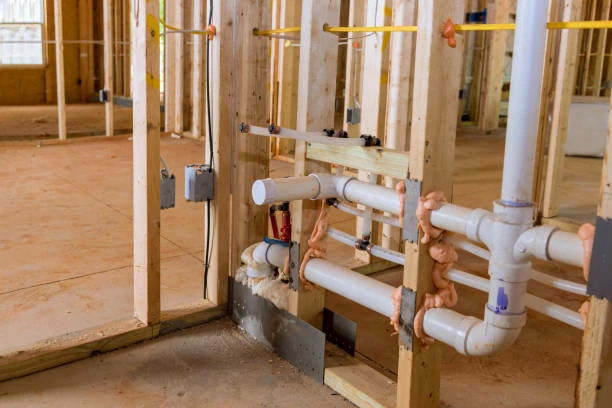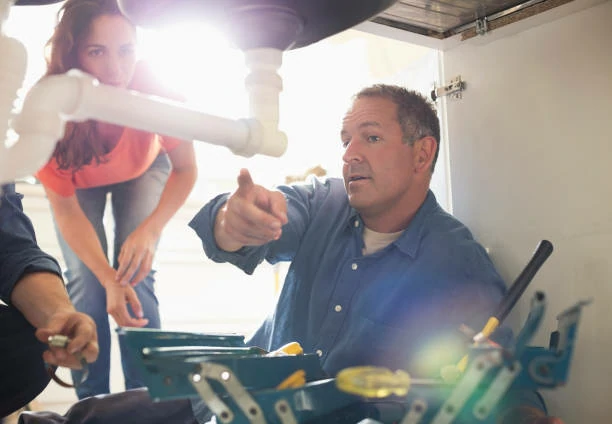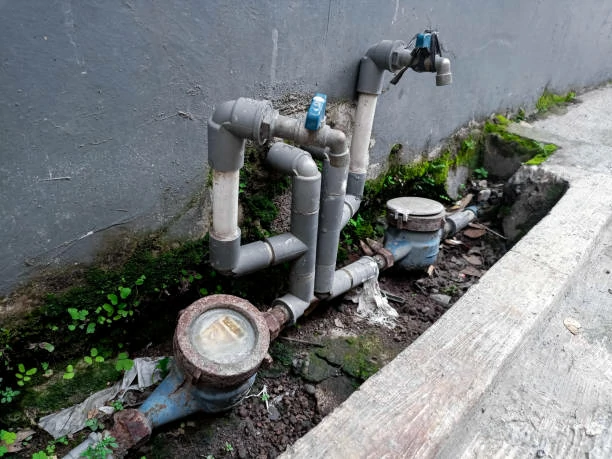Brass ball valves are increasingly recognized for their environmental performance, reflecting the growing emphasis on sustainability and eco-friendly practices in manufacturing and use. This article examines the environmental attributes of brass ball valves, their impact, and the measures manufacturers take to enhance their sustainability.
Material Composition and Recycling
Brass, primarily composed of copper and zinc, offers significant environmental benefits. Copper is a recyclable material, and brass retains many of its properties even after recycling. This recyclability reduces the demand for new raw materials and decreases environmental impact.
Recycling Efficiency: Brass ball valves contribute to environmental sustainability through efficient recycling processes. Recycled brass uses less energy compared to producing new brass from ore, reducing greenhouse gas emissions and resource consumption. Many manufacturers use recycled brass in their products, which supports a circular economy and lessens environmental impact.
Durability and Longevity: Brass’s durability and resistance to corrosion extend the lifespan of ball valves, reducing the need for frequent replacements. Longer-lasting products result in less waste and lower overall consumption of resources. The durability of brass ball valves minimizes the environmental footprint associated with manufacturing and disposal.
Reduced Environmental Impact
Brass ball valves have several environmental advantages due to their material properties and design.
Corrosion Resistance: Brass ball valves exhibit excellent resistance to corrosion, which prolongs their service life. This resistance reduces the frequency of maintenance and replacement, leading to a decrease in waste and resource use. Less corrosion also means fewer chemicals and treatments are needed to maintain functionality.
Low Environmental Contamination: Brass ball valves do not leach harmful substances into the environment. Unlike some other materials, brass does not pose risks of chemical leaching, ensuring that water and other fluids transported through these valves remain uncontaminated.
Energy Efficiency: The efficiency of brass ball valves in controlling fluid flow can lead to energy savings. For example, in HVAC systems, efficient fluid control can reduce energy consumption, contributing to lower overall energy use and a smaller carbon footprint.
Manufacturing Practices
Manufacturers of brass ball valves adopt various practices to enhance the environmental performance of their products.
Sustainable Sourcing: Many manufacturers prioritize sourcing brass from suppliers who adhere to sustainable and ethical practices. This includes using recycled materials and ensuring responsible mining practices for non-recycled components.
Eco-Friendly Production Techniques: Advanced manufacturing techniques aim to minimize waste and energy consumption. For example, companies invest in energy-efficient machinery and optimize production processes to reduce environmental impact.
Compliance with Regulations: Manufacturers comply with environmental regulations and standards to ensure that their products meet sustainability criteria. Adherence to these regulations helps minimize the environmental impact of production and usage.
Environmental Certifications and Standards
Environmental certifications and standards play a crucial role in validating the sustainability of brass ball valves.
ISO 14001: This certification signifies that a company adheres to an effective environmental management system. Manufacturers with ISO 14001 certification demonstrate their commitment to reducing environmental impact through continuous improvement and regulatory compliance.
LEED Certification: For applications in green building projects, brass ball valves can contribute to achieving Leadership in Energy and Environmental Design (LEED) certification. LEED recognizes sustainable and environmentally friendly building practices, and using certified products helps achieve higher sustainability ratings.
RoHS Compliance: The Restriction of Hazardous Substances (RoHS) directive limits the use of certain hazardous materials in electrical and electronic equipment. Brass ball valves meeting RoHS compliance standards ensure that they do not contain harmful substances, supporting environmental protection.
End-of-Life Considerations
The end-of-life phase of brass ball valves involves responsible disposal and recycling to minimize environmental impact.
Recycling Programs: Many manufacturers and distributors offer recycling programs for brass ball valves. These programs ensure that valves at the end of their service life are properly recycled, recovering valuable materials and reducing landfill waste.
Waste Management: Effective waste management practices during the disposal of them contribute to environmental sustainability. Companies adhere to guidelines for proper disposal and recycling to mitigate environmental impact.
Product Take-Back Initiatives: Some manufacturers implement take-back initiatives, allowing customers to return old valves for recycling or proper disposal. This approach supports responsible end-of-life management and reduces environmental impact.
Innovations and Future Trends
The environmental performance of them continues to improve through innovations and emerging trends.
Advanced Materials: Research into new materials and alloys aims to enhance the environmental performance of them. Innovations include developing brass with lower lead content and exploring alternative materials with reduced environmental impact.
Smart Technologies: Integrating smart technologies into brass ball valves can improve their environmental performance. Features such as real-time monitoring and automated control can optimize fluid flow and energy usage, further reducing environmental impact.
Circular Economy Practices: The shift towards a circular economy emphasizes reducing waste and maximizing resource efficiency. Manufacturers are increasingly adopting practices that support the lifecycle of products, including designing for disassembly and recycling.
Enhanced Product Design: Future designs will likely focus on further improving durability, efficiency, and recyclability. Innovations in product design can lead to better environmental performance and reduced overall impact.
Conclusion
Brass ball valves offer several environmental benefits, including recyclability, durability, and reduced impact on water quality. Manufacturers adopt sustainable practices and comply with environmental standards to enhance the sustainability of these products. The ongoing focus on innovations and circular economy practices promises to further improve the environmental performance of brass ball valves, contributing to a more sustainable future.
Contact
IFAN is a professional manufacturer with 30 years of experience, dedicated to producing high-quality plastic pipes, fittings, and valves. Our products include brass valves, PPR valves, as well as various pipes and fittings to meet different customer needs. Whether you need plumbing and drainage pipes or valve products, IFAN can provide a diverse range of high-quality, cost-effective products to support your projects. Below is our contact information.
We will reply your email or fax within 24 hours.
You can call us at any time if there is any question on our production.
For more information,pls visit our webside https://www.ifanplus.com/
Pls Mailto: [email protected]
Whatsapp: + 86 19857948982






